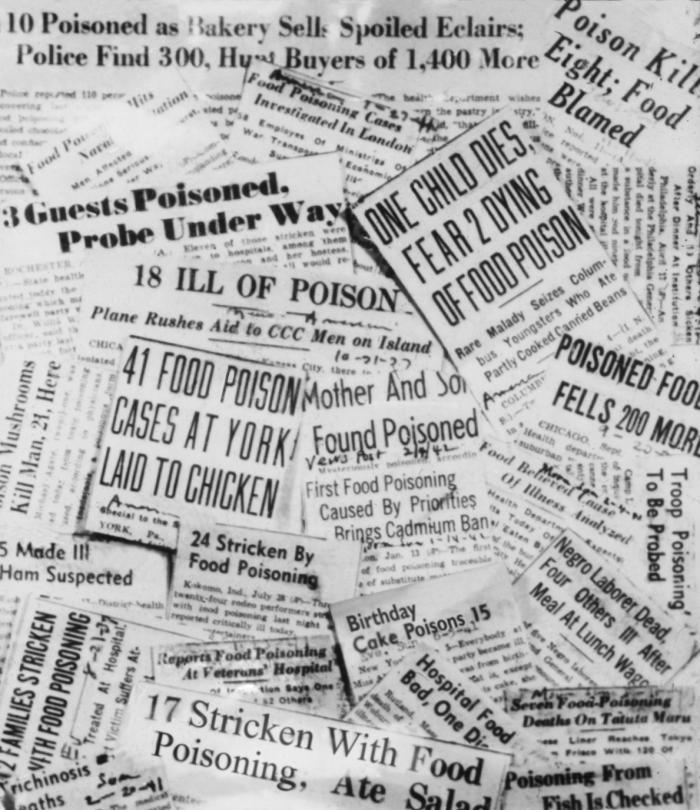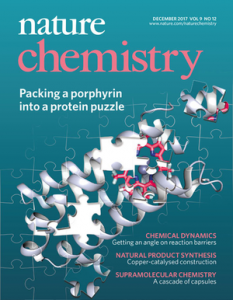
One in four papers on research involving scanning electron microscopy (SEM) misidentifies the specific instrument that was used, raising suspicions of misconduct, according to a new study.
The work, published August 27 as a preprint on the Open Science Framework , examined SEM images in more than 1 million studies published by 50 materials science and engineering journals since 2010.
Researchers found only 8,515 articles published the figure captions and the image’s metadata banners, both of which are needed to determine whether the correct microscope is listed in papers. Metadata banners usually contain important information about the experiments conducted, including the operating voltage of the microscope and the instrument’s model and parameters.
Of these papers, 2,400 (28%) listed the wrong microscope manufacturer or model, raising questions about the integrity of the conducted research.
Continue reading Exclusive: Thousands of papers misidentify microscopes, in possible sign of misconduct






